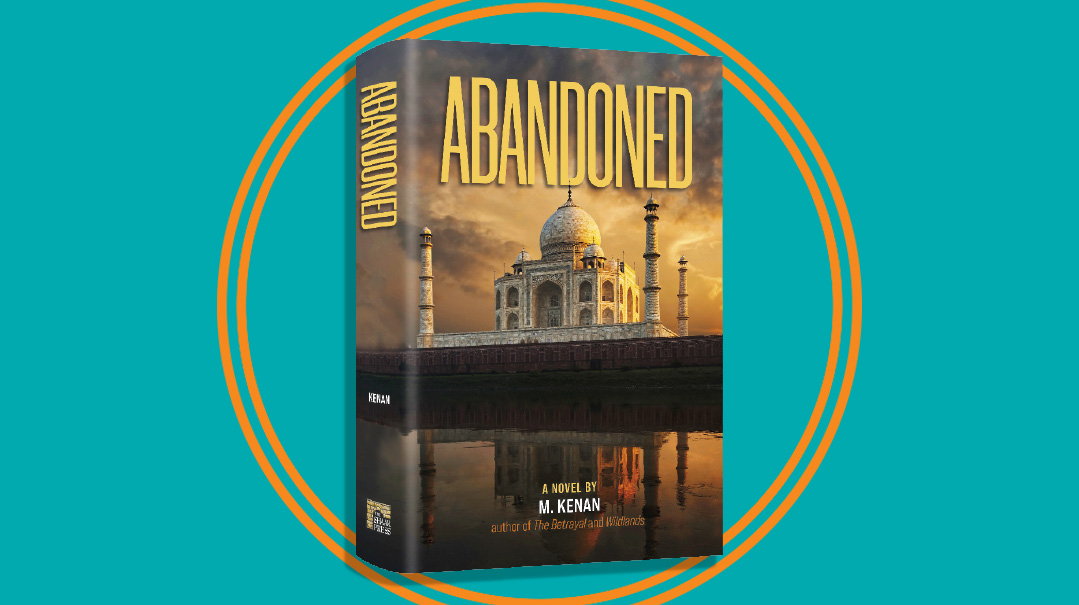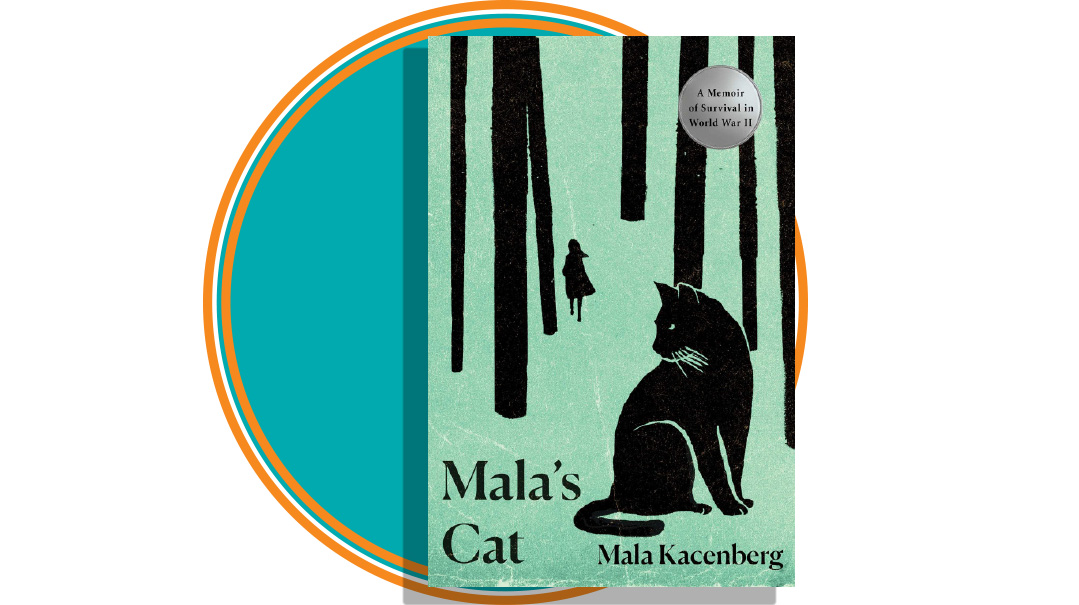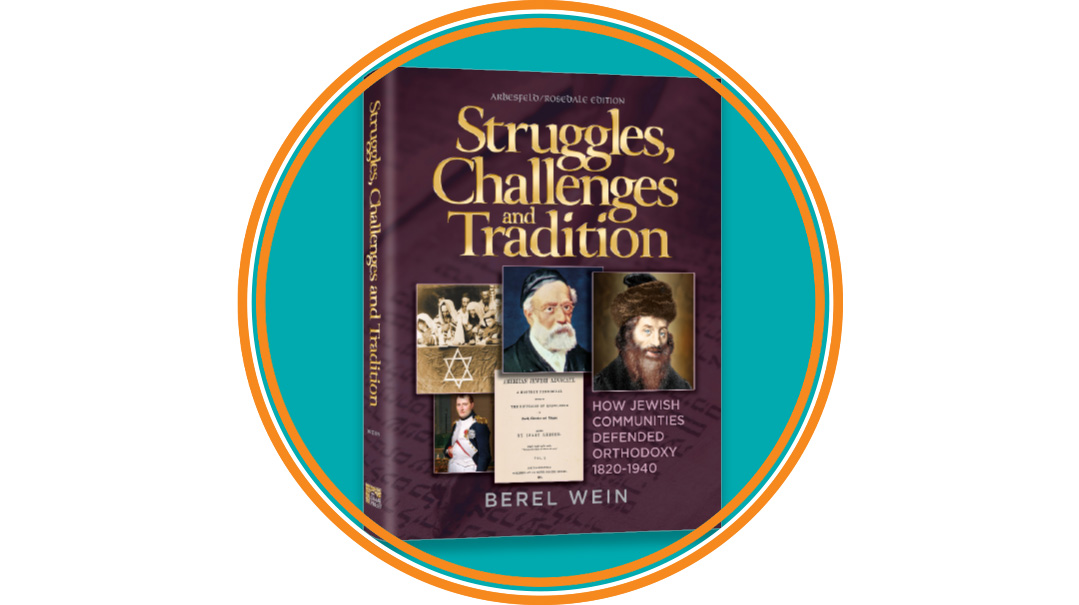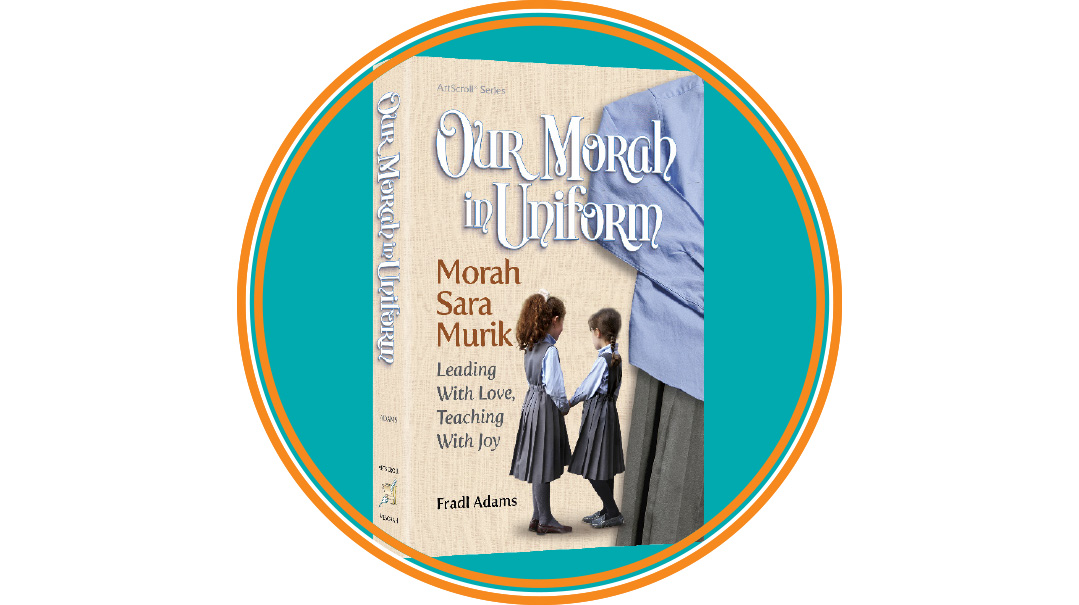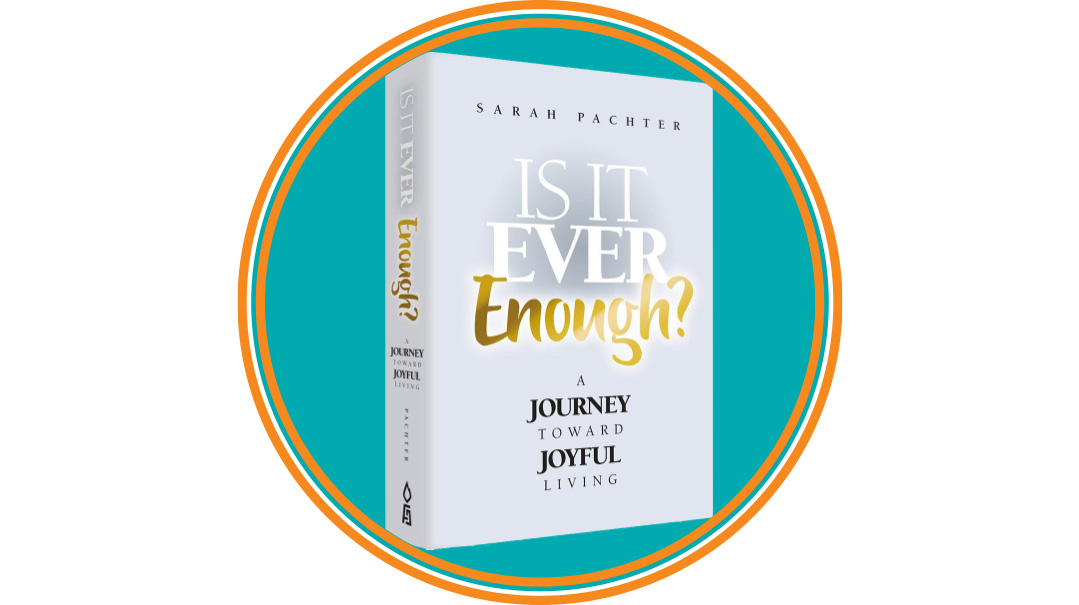And Morning Has Come
| July 15, 2020A sequel to the classic memoir, The Scent of Snowflowers
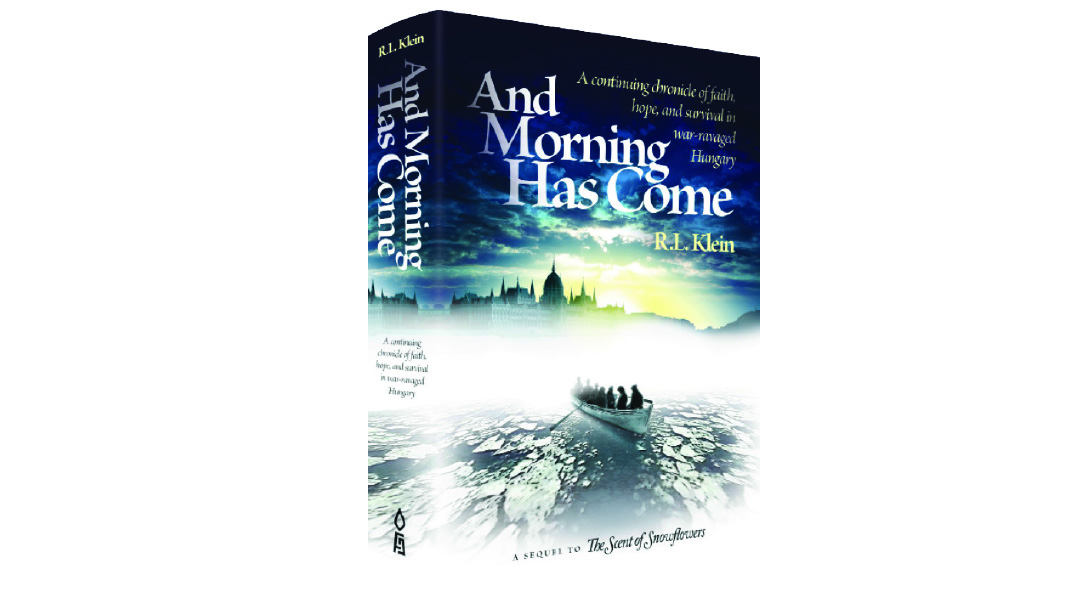
Book: And Morning Has Come
Author: R.L. Klein
Publisher: Feldheim
Mrs. Rivka Leah Klein, Hungarian Holocaust survivor and author of the classic memoir The Scent of Snowflowers wrote And Morning Has Come as a sequel, covering the end and aftermath of World War II. It was published after her passing by her family. This interview was conducted with her daughters Faigy Goldberger and Perry Brier.
Why The Scent of Snowflowers is such an important Holocaust memoir
My mother wanted people to know about the Holocaust, but her memoir is not about Auschwitz and the murders. It’s not so horrifying that you can’t sleep for a week after reading it — and that was part of its success.
My parents were hidden by non-Jews. Their experiences were painful, but they remained an intact little family. The book is never gory and often uplifting, so everyone can read it, including teenagers, although they may cry through some parts.
Also, it was published in 1989, early for its genre. My mother was very proud that her book was considered an appropriate text for the New York State Regents and that it stood on a shelf in the public library.
How our mother discovered the power of writing
Our mother was an intellectual. As a child, she wrote her classmates’ compositions. Her father, Rabbi Avrom Einhorn, was the dayan of Szombathely, in the Hungarian Oberland; nevertheless, local government representatives came to their door to ask that she be sent to a gymnasium (secular high school) as they felt she had a future as a Hungarian poetess.
When my mother arrived in America, she had three small children, so it took her a while to get her English up to book-publishing standard. She asked us to speak English at home to help her learn it. Eventually, she began to write.
Her second book focuses on
The Scent of Snowflowers ends with the liberation of Budapest by the Russian army. And Morning Has Come continues the story. A Russian soldier gave my father a heads-up that the Germans were fighting street to street and would retake the neighborhood in which they were hiding. My parents had to wrap me, seven-month-old Faigy, in a fur coat and escape. Doors were closed to their entreaties and they wandered from place to place in the bitter cold, seeking shelter and safety. They were wandering Jews, in danger of their lives, until a kind oarsman rowed them across to freedom in Romania.
When the danger had finally passed, they returned to Uhjel, my father’s hometown, and began an agonizing, hopeful wait for the siblings who they prayed had survived the concentration camps. They’d go to the train station and wait for survivors. Some of our aunts and uncles came back, falling into their waiting arms, others did not. My parents nursed many young survivors back to health and escorted them to their chuppahs. There were engagements and reunions and weddings, but also anti-Semitism and heartrending accounts of loss.
Faigy was one of the only Jewish children born in Hungary in 1945, the year of their bitterest losses. The survivors adored her. Sometimes our mother chose not to leave the house with her beautiful baby, because her presence awakened so much yearning in young men who had lost their wives and children.
Our mother’s goal
To tell the world. Although it was difficult for her to speak to us about the war, she wanted us never to forget. Thankfully, she was able to write about it.
When she wrote it
Later in her life. She wasn’t sure she wanted to continue her story as it was so hard to relive the agony of the postwar period, but my father, who was so proud of her skill, bought her a word processor and encouraged her to write. He felt there was a growing need for war stories to be told — and that she was the best person to tell them.
The hardest part to write about
When she found out that no more siblings were coming back. My parents kept hoping that more of their siblings had survived, but as the survivors from Uhjel came off the trains, it became clear that their remaining siblings had all been murdered. My mother’s siblings, along with their children, had been killed one day after the date that her mother was niftar during her childhood.
Significance of the title
My mother chose it. It was a theme of the book, that war and darkness was over; morning and hope had come.
Our mother’s writing space
She wrote in the spare bedroom in our home. There were typewritten papers all over the place, different versions of her manuscript. It took her a long time, since she was particular about each word she wrote.
Questions you wished you could ask your mother
We’d always intended to take care of the publication for her, but as she got older, and we grew busier, it didn’t happen. Immediately after our mother passed away, we looked for her final manuscript and set about publishing it.
Faigy was born during the events of the first book, and Perry during the sequel, but we were so young, our memories are vague. We had some notion that our parents had moved from Budapest to Uhjel because Faigy had whooping cough, but there is no one to ask now. There were other events, too, that no one could clarify for us.
Did anything your mother wrote in this book come as a surprise?
-This book is overflowing with emotion, and my mother, the warmest person I knew, was very private when it came to certain things. The book gives an inside glimpse into her feelings, which was eye-opening.
-All four of our mother’s daughters were involved in the editing and publication of this sequel, but we didn’t have my mother’s memory. Our mother knew every word she wrote by heart.
-Our mother was so brilliant that her English vocabulary soon surpassed ours.
(Originally featured in Family First, Issue 701)
Oops! We could not locate your form.

